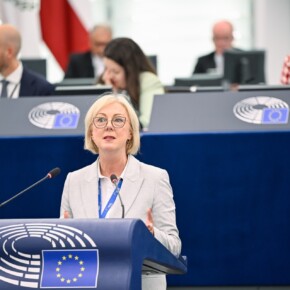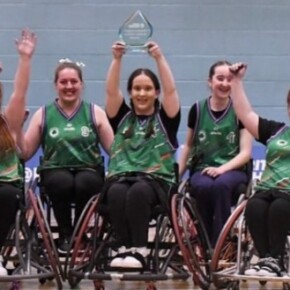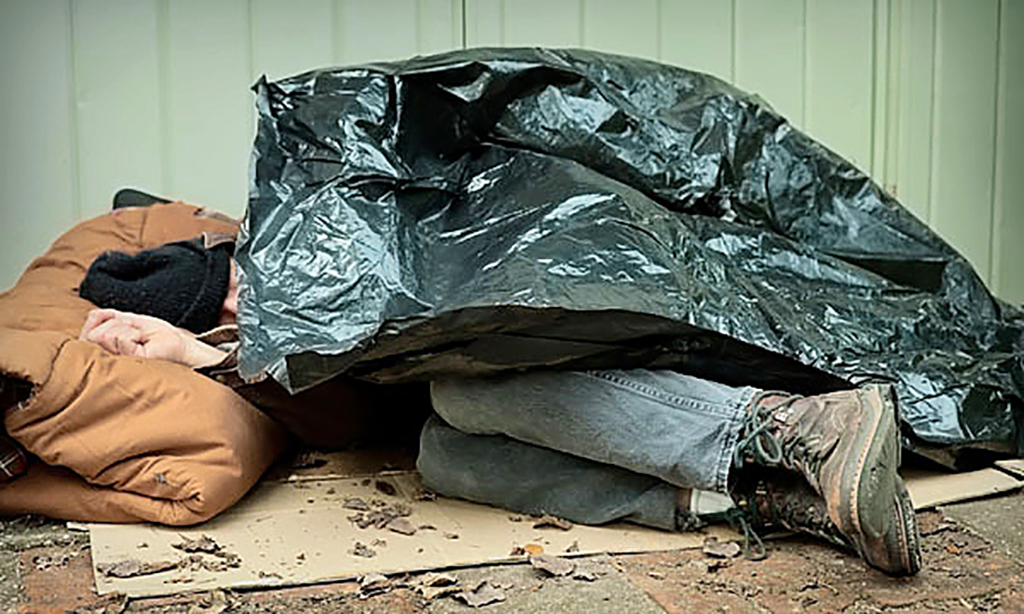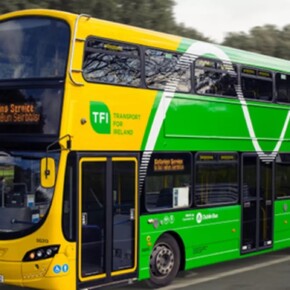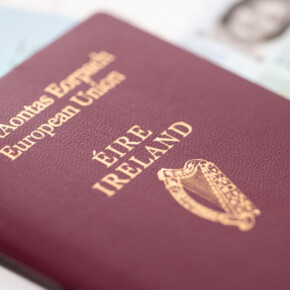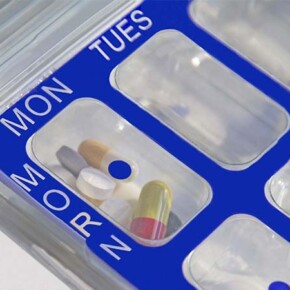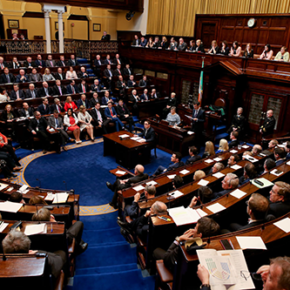Southsiders make Seanad bids
Mike Finnerty 15 Jan 2025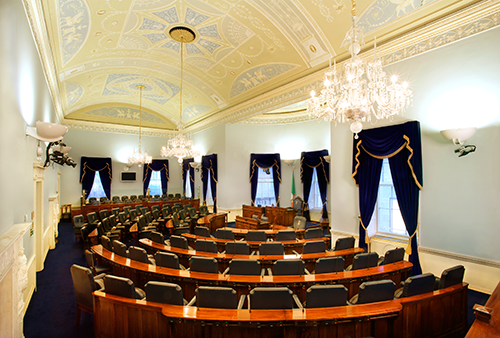
A number of prominent Southside politicians are running for the Seanad.
Outgoing Southside Senators, such as Mary Seery-Kearney, Victor Boyhan, Lynn Ruane and Frances Black are running for re-election while a number of former prominent TDs are also throwing their hat into the ring.
Former Sinn Féin TD Chris Andrews, who lost out to Eoin Hayes in the highly-publicised election race in Dublin Bay South and former Green Minister Ossian Smyth are among the former Dáil members looking to make the move to the Seanad.
High-profile independent Katherine Zappone, who notably served as Minister for Children between 2016 and 2020, is looking to return to the Seanad.
A number of prominent Southsiders who sit on Dublin City Council – such as Hazel Chu, Darragh Moriarty and Daithí Doolan – are also vying for a seat in the Seanad.
The Dublin University constituency – which is one of the more “open” seats owing to the idiosyncratic nature of Seanad voting – has attracted a number of high-profile candidates.
The three-seater, which has played hosts to the likes of Ivana Bacik, David Norris and Shane Ross in the past, is the closest the Seanad elections has to a “group of death.”
High-profile names such as Hazel Chu, Hugo MacNeill, Lynn Ruane, Ossian Smyth, Katherine Zappone, and Tom Clonan are all contending the constituency.
Only those who have graduated from Trinity College are eligible to vote on the ballot, which is a three-seater.
2020’s Seanad election in that particular constituency saw a turnout of just 23%.
The other “open” constituency in the Seanad is the National University, which is open to graduates of NUI Galway and Maynooth, UCC in Cork and UCD.
Graduates of the Royal College Surgeons of Ireland are also part of the voting body.
In the National University constituency, Dún Laoghaire councillor Eva Dowling of the Green Party is going for a seat, and will be up against former Tánaiste Michael McDowell, outgoing Senator Alice-Mary Higgins and prominent conservative Rónán Mullen.
A 2024 High Court ruling stated that graduates of all third-level institutions in Ireland, not just those who have graduated from Trinity College or the National University of Ireland Colleges (UCD, Galway, Cork and Maynooth) should be allowed to vote in Seanad elections.
From 2029 onwards, a new six-seater University constituency will see all third-level graduates in Ireland eligible to vote in one constituency.
Despite this, just six of the 60 seats up for grabs in the Seanad will be available to a section of the general public.
11 of the 60 seats are picks of the Taoiseach (widely expected to be Micheál Martin) while the remaining seats are split into different constituencies voted on by elected representatives.
With six Senators picked by university graduates and 11 picked by the Taoiseach, the remaining 44 are picked by TDs, county councillors and former Seanad members as well as various voting bodies.
The Administrative panel will be a match-up between three southside councillors; Vicki Casserly (Fine Gael), Teresa Costello (Fianna Fáil) and Darragh Moriraty (Labour).
All three councillors were unsuccessful in a bid for a Dáil seat in November’s general election, with Casserly falling short in Dublin Mid-West as Emer Higgins’ running mate, Teresa Costello failing to win a second seat for Fianna Fáil in Dublin South-West alongside John Lahart and Darragh Moriarty improving Labour’s share of the vote in Dublin South Central but ultimately falling short.
Fianna Fáil were the biggest party at a local level across Ireland following last June’s local elections, going from 279 councillors to 248 but still emerging as the largest party.
Gaining 10 TDs in November’s general election gives Fianna Fáil greater voting power in the Seanad, however.
Fine Gael went from 255 councillors to 245 but gained three TDs in November’s election, strengthening their hand too (and most likely giving transfers to Fianna Fáil candidates in the Seanad process).
Sinn Féin going from 81 to 102 councillors, as well as gaining two new TDs is also likely to help Sinn Féin as they look to boost their Seanad numbers.
Sinn Féin’s high-profile Southside Senator Fintan Warfield has decided to not run for a third term in the Seanad, instead opting to focus on his music career.
The addition of Stormont finance minister Conor Murphy to their Seanad has made the election race more national; Sinn Féin believes that running a prominent member of their Stormont team will bring the Irish unity question to the forefront of Irish politics.
Chris Andrews and Daithí Doolan will line out for the party in the Labour panel, where 11 seats are up for grabs.
For smaller parties such as the Social Democrats, who went from six TDs and 19 councillors to 11 TDs and 35 councillors in 2024, last year’s gains could be the difference between them having a voice in the Seanad or not.
Labour now has 57 councillors nationwide after the defection of independent Francis Timmons to the party in October, while the November general election saw the party go from six TDs to 11.
Southside Senator Rebecca Moynihan, who was elected to the Seanad in 2020, will not be seeking re-election for Labour.
The Greens are not likely to feature much in the Seanad as their electoral power has been greatly weakened – heading into the 2020 Seanad election the party had 49 councillors and 12 TDs and now have just 23 councillors and one TD to their name this January.
The 2025 Seanad election will be held over January 29 and 30.


